Coronavirus: WHO warns of COVID-19 third wave, says Europe failed to learn from Asia
By Lokmat English Desk | Published: November 23, 2020 04:45 PM2020-11-23T16:45:46+5:302020-11-23T16:45:46+5:30

The World Health Organization's special COVID-19 envoy David Nabarro told the Solothurner Zeitung in Switzerland that Europe was likely to see a third wave of the deadly COVID-19 pandemic in early 2021 before a vaccine can be introduced.
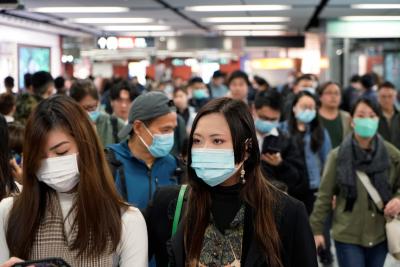
"They missed building up the necessary infrastructure during the summer months after they brought the first wave under the control," Nabarro said. "Now we have the second wave. If they don't build the necessary infrastructure, we'll have a third wave early next year."
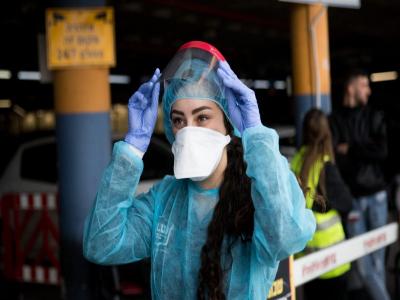
He also said Europe had much to learn from Asian countries. "One has to react quickly to the virus, robustly and decisively," he said. "Especially at the start, when the virus is still spreading very slowly in different communities. If you react half-heartedly, the problem will get bigger very quickly."
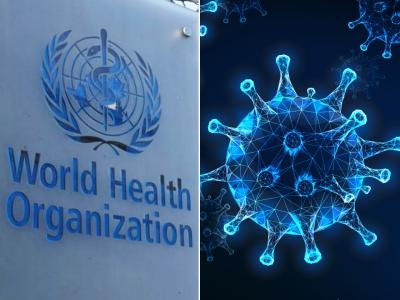
Europe briefly enjoyed sinking infection rates during the summer, but they are now surging again. Germany, with a population of 84 million, saw cases rise by 14,000 on Sunday.

By contrast, Japan's population of 120 million saw only 2,596 new cases on Saturday. South Korea's population of 51 million reported only 386 new cases on the same day and has had only around 30,700 confirmed cases in total since the pandemic began.
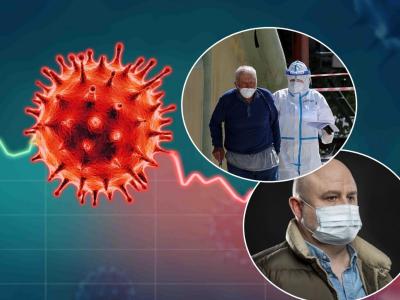
A major problem, Nabarro added, was that too few political decision-makers understood that the virus was spreading exponentially rather than arithmetically. "Exponential means the numbers could rise 8 times in a week, 40 times in two weeks, 300 times in three weeks, over 1,000 times in four weeks, and so on," he said.
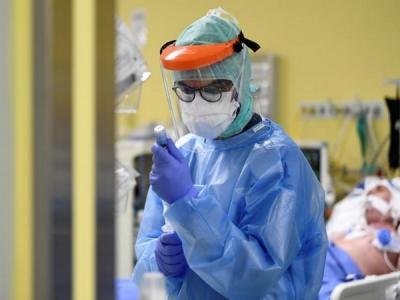
In Asia, meanwhile, the numbers are relatively low because "people are fully engaged, they take on behaviors that make it difficult for the virus," said Nabarro.

"They keep their distance, wear masks, isolate when they're sick, wash hands and surfaces. They protect the most endangered groups."
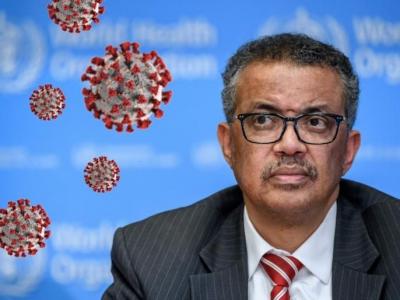
Nabarro also said Asia did not relax restrictions prematurely. "You must wait until case numbers are low and stay low," he said. "Europe's reaction was incomplete."
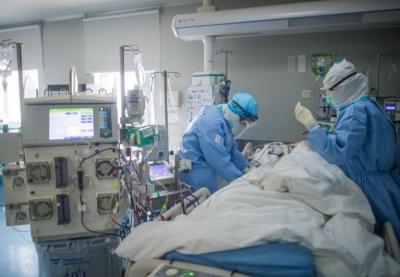
He also praised the communication strategies of Asian authorities. "They just have one message: If we want our economy to be strong and for us to keep our freedoms, we all have to stick to a few basic things."
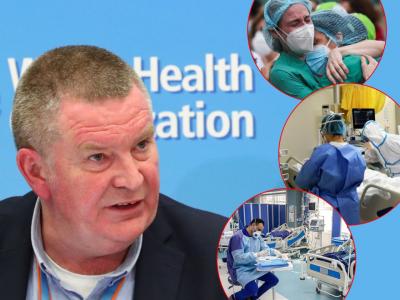
Nabarro’s comments came as British Prime Minister Boris Johnson plans to end an England-wide four-week lockdown as scheduled on December 2.
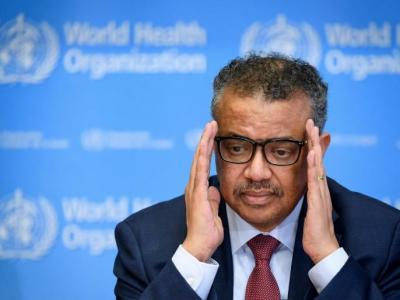
Johnson is also expected to announce a return to regional restrictions as statistics show coronavirus infections have stabilised.

His office said late Saturday the government plans to return to using a three-tiered system of localised restrictions in England, with areas facing different lockdown measures based on the severity of their outbreaks. More communities are expected to be placed in the two highest virus alert categories, it said.
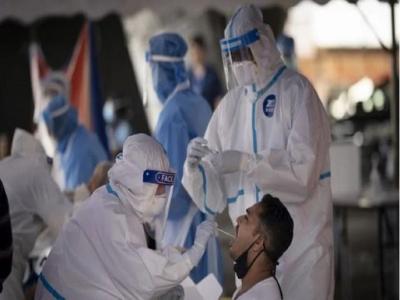
The prime minister’s office also confirmed plans to begin a nationwide COVID-19 vaccination programme next month – assuming regulators approve a vaccine against the virus – as well as an increase in mass testing in an effort to suppress the virus until vaccines can be rolled out.
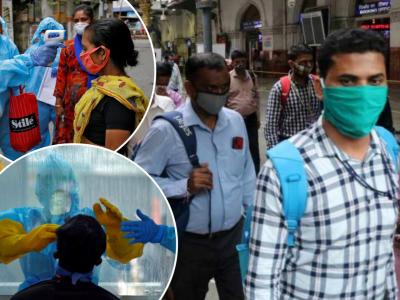
Europe briefly enjoyed sinking infection rates that are now surging again: Germany and France on Saturday saw cases rise by 33,000 combined, Switzerland and Austria have thousands of cases daily, while Turkey reported a record 5,532 new infections.























